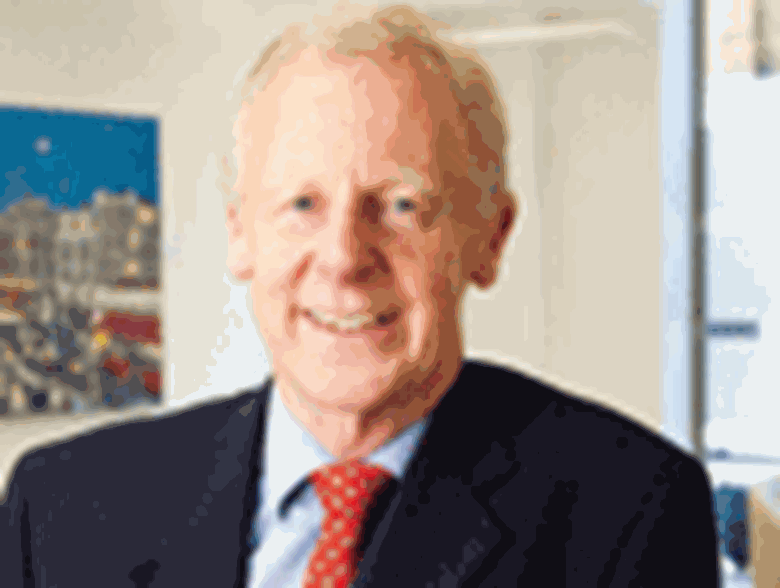Interview: Chris Hanvey, chief executive, Royal College of Paediatrics and Child Health
Neil Puffett
Tuesday, March 23, 2010
Having begun his career in social work, Chris Hanvey is in a strong position to comment on the subject of child protection.

And as the new chief executive at the Royal College of Paediatrics and Child Health (RCPCH) it will make up a large part of his new role.
Last year the college's president, Terence Stephenson, conceded there was scope for improving the way paediatricians communicate with other professionals over child protection work on the back of the Laming report.
Hanvey, whose previous job was as deputy chief executive of Barnardo's, agrees that communication between practitioners working with children is an area for action.
Both he and Stephenson met earlier this month with senior Metropolitan Police officers to discuss how joined-up working between the two professions can actually happen.
In addition, a separate piece of work is taking place to analyse a host of historic serious case reviews to assess what messages can be learned for doctors.
Hanvey says that since becoming more vocal on the issue of child protection, the college has made "quite a lot of inroads" but recognises there is more to do.
"No-one can be complacent about child protection," he says. "The belief that we will somehow stop the non-accidental deaths of children is a fantasy really, but we have to keep fine-tuning the practice of doctors and learning from the experience of past cases, which have sadly gone very wrong."
He argues that one of the reasons there are problems with communication is that different agencies approach child protection from different standpoints.
"If you are a paediatrician or come from a social care background your function is to establish a relationship with the child or his or her family," he says. "The police approach, understandably, is to investigate whether or not a crime has been committed."
Hanvey says that a lot of the tension between agencies dealing with child protection issues derives from these different approaches.
"There are two messages that have come through every single child death since the early cases, the need for better training and better communication," he says. "We still haven't got it right."
Apart from child protection, the college is working to raise awareness on a number of issues including childhood obesity.
It is keen to press government on clearer labelling of food products and the pricing structure of foods, to try and redress the fact that healthier foods can prove expensive for families on lower incomes.
There is also the impact of the European Working Time Directive to contend with, which came into force last August and limits paediatricians to working 48 hours each week.
Last month college president Stephenson made claims that the workforce is under "unsustainable pressure" as a result of the directive. Compelling doctors to work fewer hours is proving problematic given overall workloads.
Hanvey is just a month into his role and concedes these are issues he has not fully come to terms with and he is aware he will have to catch up quickly.
But he has already drawn up three main aims during his tenure.
These are to improve the service offered to its members; increase the ability of members to speak up for children's health; and generate more income through international work, training and research.
"I would like to feel that in two or three years' time members of the college feel that the services they are getting from the college are better than they are now," he says.
"I also want the college, through its membership, to be the default organisation for which everybody goes for policy on child health. It has within its membership the expertise and the knowledge which allows it to speak with authority.
"I would like to be measured on those markers in a few years' time."
CV: A wealth of experience in children's services
- Hanvey was deputy chief executive at Barnardo's for eight years and helped lead the organisation through a period of change, growth and modernisation
- He has a wealth of experience in children's services and related bodies, including roles as assistant director of children's services in Leeds, director of policy for NCH (now Action for Children), and chief executive of both the Thomas Coram Foundation and the John Ellerman Foundation. He has also been an adviser in the Cabinet Office
- Hanvey began training as a social worker in 1974 in West Riding, Yorkshire
- He went on to hold senior positions at both Warwickshire and Coventry social services




